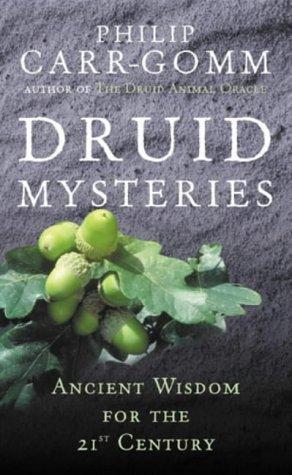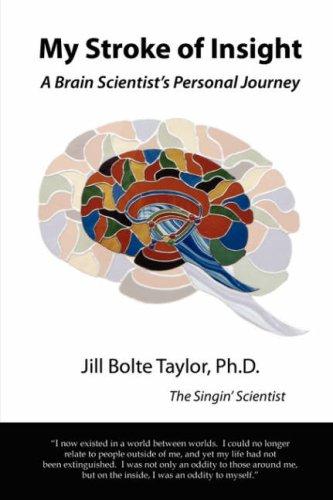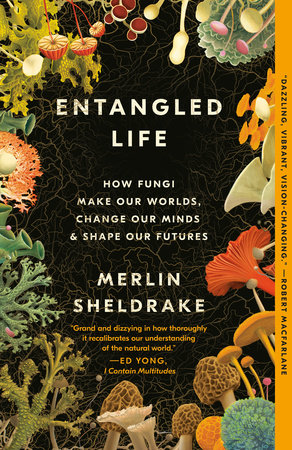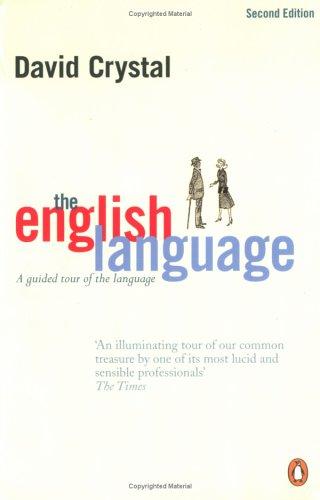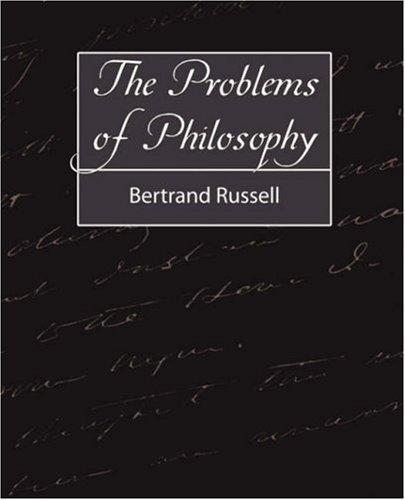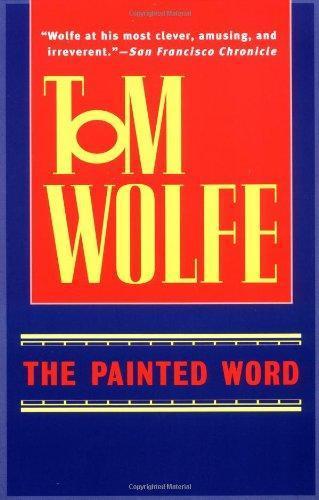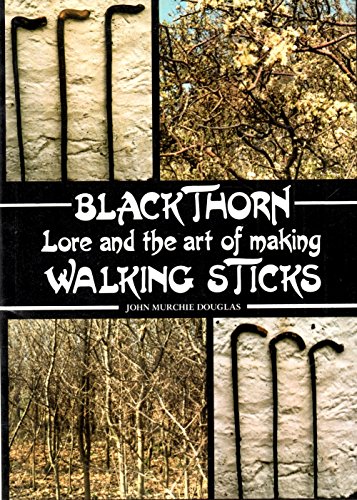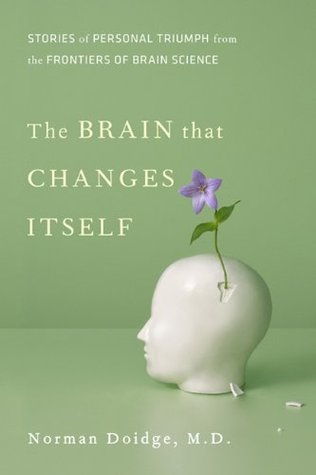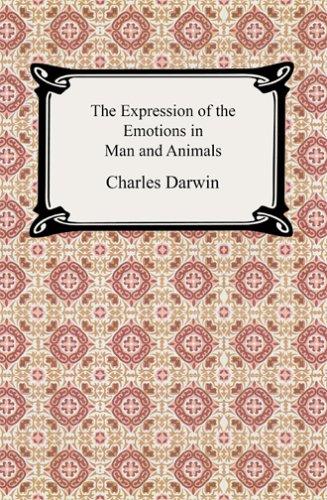It is a very short read (183 pages all told), and summarises her severe stroke and eight year recovery. It’s a fairly fluffy account of stroke but the science is interesting. Jill is a very enthusiastic individual, with a unique perception of the brain. I can relate to this, but I am not as enthusiastic as her about life in general or spiritual matters. In fact, I found some of the overwhelming positivity to be counterintuitive to my own circumstances. I also believe that life is like a battery and requires both positive and negative to provide a life force energy. However, the fact that I didn’t feel a rapport with the writer didn’t prevent me from taking away some good ideas from her experience. I also am one who thinks that negative feelings and emotions are not only useful but for some are unavoidable due to circumstance, pain, and chemical imbalances in the brain. Literature, performance, music, art are driven by people who have empathy and sympathy with negative emotions. I know many stroke survivors who can't just shift gears from the negative to positive due to their life circumstance, their social surroundings, their environment, their background, and afflictions that may cause them stress and pain. Jill's book doesn't address these issues, but then again, this is her story and I respect that.
An interesting aside she mentioned, was that some people with aphasia from left-side brain damage actually have success in singing their sentences due to using the right-side brain instead.
She also spelled out the crucial importance of lots of daily physiotherapy, not just a few hours a day with a few attempts but thousands of attempts until a small amount of progress is made. She advocates stepping stones in recovery, mastering one small thing and then moving on to the next phase.
She also recommends working on each problem area at a time until progress is made. I think this is important because just relying on one’s daily life to correct a brain injury just slows down the process, and once other things in life compound recovery time, it makes it extremely difficult for the brain to establish connections as it is so busy with other stimuli.
Observing and and working with the brain throughout recovery was one of the most interesting and empathetic aspects of Jill’s story. Being a neuroanatomist, she presents her condition in a very inclusive way, by that I mean, she invests time to investigate what is happening and in understanding that, she is able to isolate issues and focus on reconnecting pathways in order to heal her brain and move forward with life. She doesn’t just resume, she actually blossoms as an “improved” individual. I very much have the same principle at heart.
I was bit bewildered by her recovery timeline, but I let it go in order to cherry pick parts of her story that spoke to me. I found four months after stroke giving a twenty-minute public lecture quite astounding when many stroke survivors I know have trouble showering or even just having a brief phone conversation. However, each brain is different and each stroke survivor has a different experience of post-stroke. I think this was her intention with writing the book, as there is an air of perfectibility in her writing that sometimes crosses over into a kind of self-help trope, but perfectibility is very much a social American concept. I have read many books on stroke and found that most paint an overtly positive picture of recovery, I understand why, and I know that is essential to encourage positivity to be infectious, but I don't think life is like that for most people, and it is hard to empathise and work through the darker moments of recovery when everything one reads is sugar coated.

